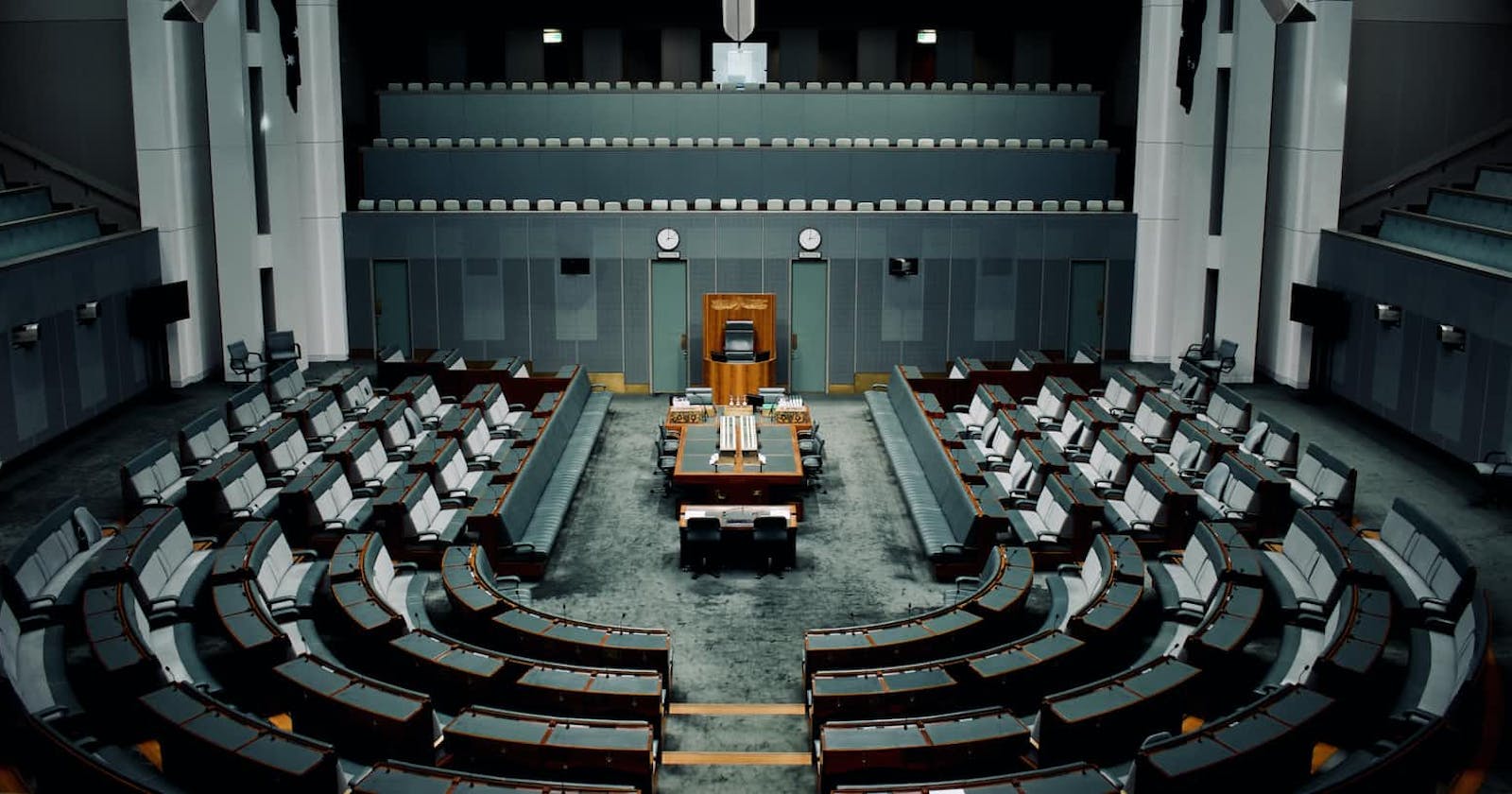The fundamental purpose of elections is for the public to select their leaders and determine their fate. However, this theoretical framework often leads to disappointment in practice. When voters go to the ballot box to make their choices, they often find themselves having to pick the "lesser of two evils" rather than voting for candidates who truly align with their ideals and beliefs.
Seeing new faces in politics can sometimes seem impossible. The same leaders, whether they win or lose, often remain in their seats for years. What's striking here is how long this situation persists. So, it seems that sticking to the seat is not an indicator of leadership qualities but is solely based on internal party interests and politics.
A leader's popularity may not necessarily be because they're particularly good. Sometimes they just stand out because their competitors are worse. Consequently, we find ourselves having to vote for the "lesser of two evils" in elections. Sadly, this becomes the "choice" that democracy offers us.
Most people are loyal to their political party, which is a good thing. However, this loyalty also keeps us stuck in place. If there's no change or innovation within the party, we are "forced" to continue voting for the same names.
In the end, democracy for us boils down to choosing the "lesser of two evils." Both parties and voters have come to accept this situation. We find ourselves in a place where we shouldn't be in an ideal democracy, and it's frustrating for all of us.

